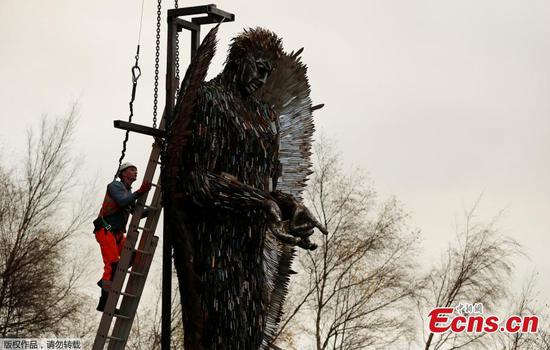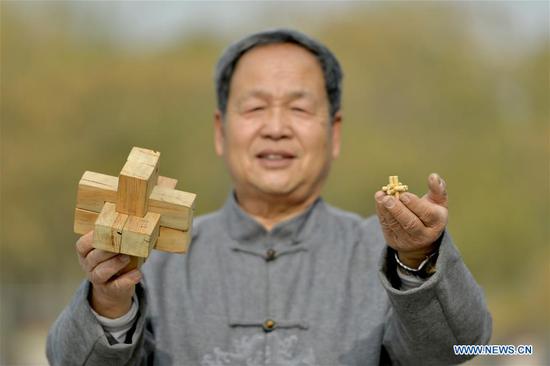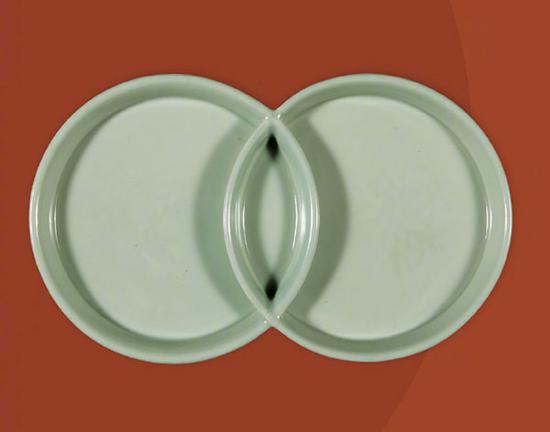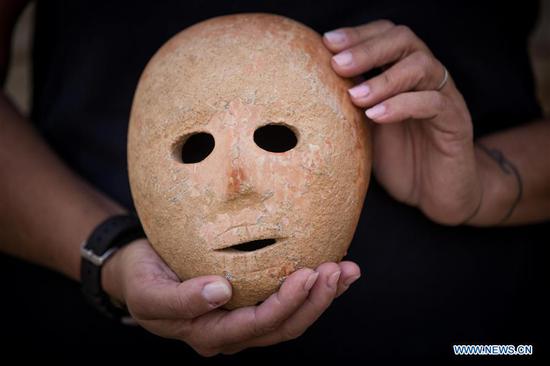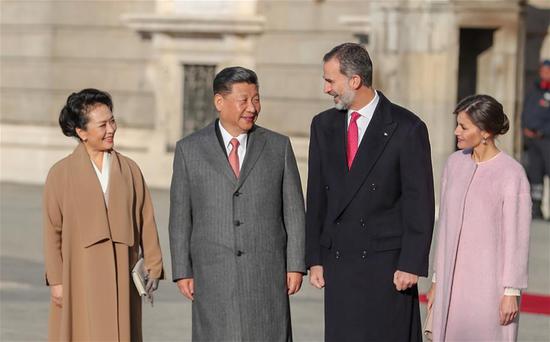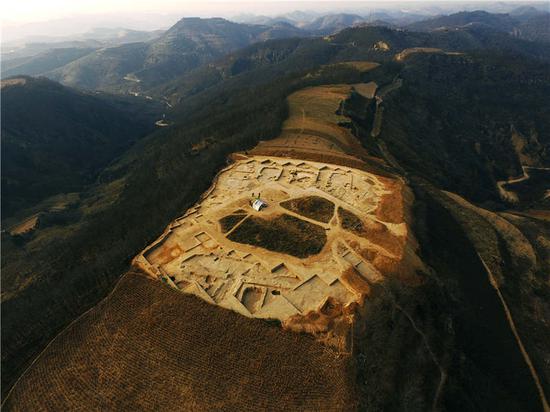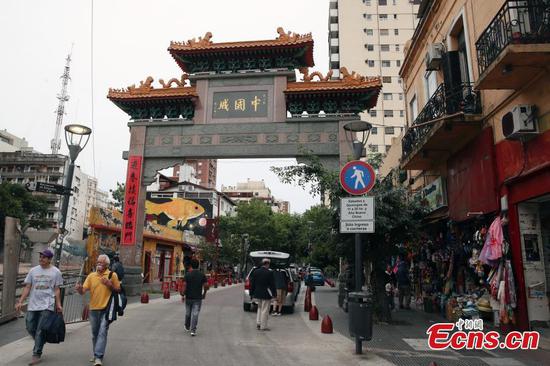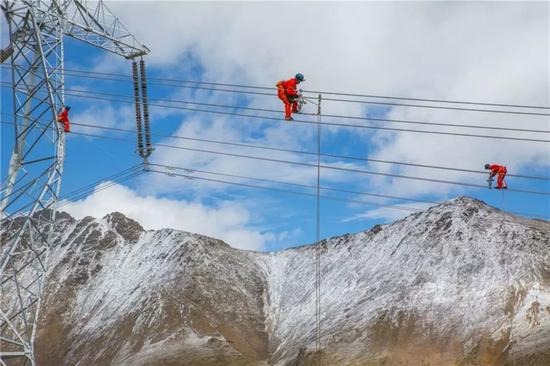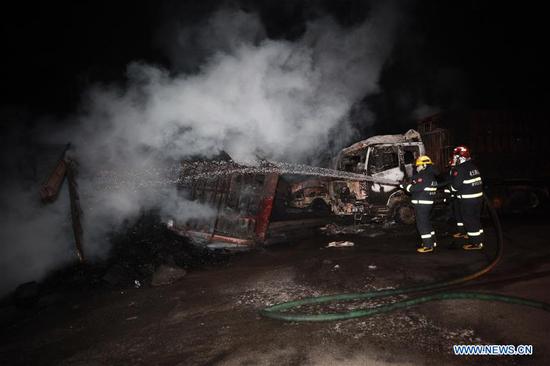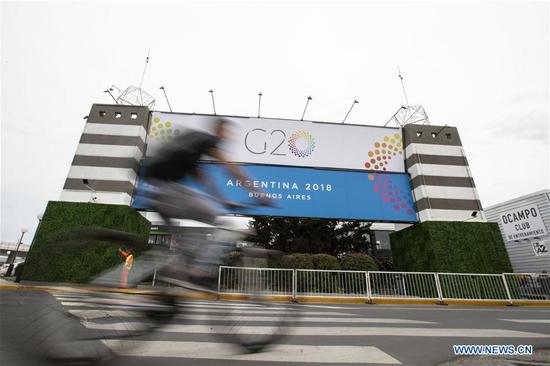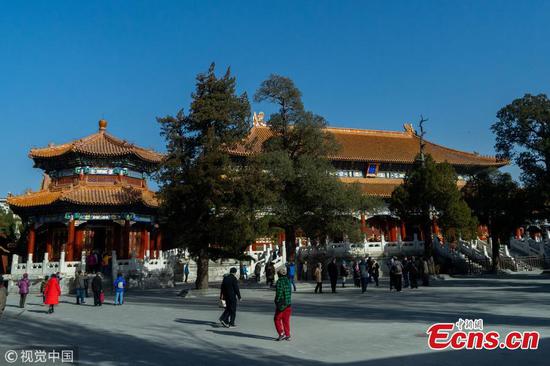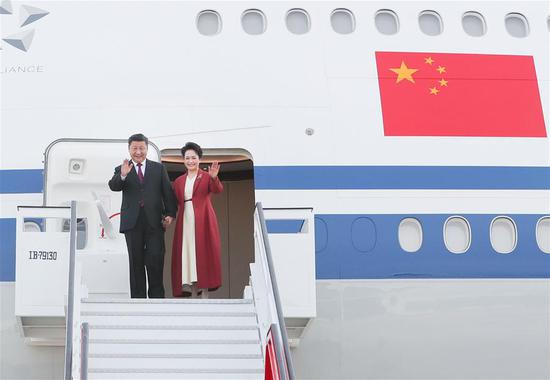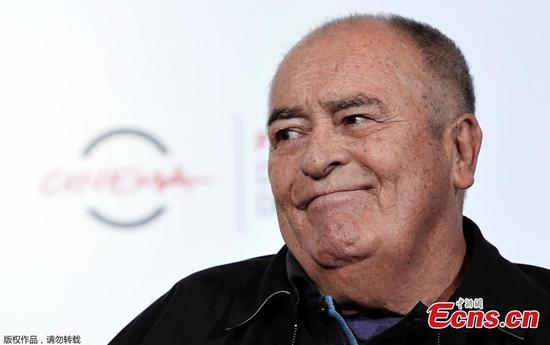Defying U.S. President Donald Trump, senators sent a strong signal on Wednesday that they want to punish Saudi Arabia for its role in the murder of journalist Jamal Khashoggi.
By a bipartisan 63-37, the U.S. Senate voted to move forward with legislation calling for an end to U.S. involvement in the Saudi-led war in Yemen.
The vote was a rebuke not only to Saudi Arabia but also to the United States, which has made clear it does not want to torpedo the longstanding U.S. relationship with Riyadh over the killing.
U.S. Secretary of State Mike Pompeo and Secretary of Defense James Mattis both came to Capitol Hill to urgently lobby against the resolution, which would call for an end to U.S. military assistance for the conflict that human rights advocates say is wreaking havoc on Yemen and subjecting civilians to indiscriminate bombing.
The vote showed a significant number of Republicans were willing to break with Trump to express their deep dissatisfaction with Saudi Arabia and with the U.S. response to Khashoggi's brutal killing in Turkey last month.
U.S. intelligence officials have concluded that the Saudi crown prince, Mohammed bin Salman, must have at least known of the plot, but Trump has equivocated over who was to blame.
Khashoggi, who lived in the U.S. and wrote for The Washington Post, was publicly critical of Riyadh. He was killed in what U.S. officials have described as an elaborate plot at the Saudi consulate in Istanbul, which he had visited for marriage paperwork.
Echoing Trump's public comments on the killing, Pompeo said after Wednesday's briefing with U.S. senators that there was "no direct reporting" connecting the crown prince to the murder, and Mattis said there was "no smoking gun" making the connection.
Pompeo argued that the war in Yemen would be "a hell of a lot worse" if the U.S. were not involved.
Wednesday's procedural vote sets up a floor debate on the resolution next week. It would be a largely symbolic move, however, as House Republican leaders have given no indication they would take up the war powers measure before the end of the year - the end of the current Congress.
Pompeo said U.S. involvement in the Yemen conflict is central to the government's broader goal of containing Iranian influence in the Middle East. His language was blunt in a Wall Street Journal article, writing that Khashoggi's murder "has heightened the Capitol Hill caterwauling and media pile-on. But degrading U.S.-Saudi ties would be a grave mistake for the national security of the U.S. and its allies".
Trump has said it may never be known who was responsible for the killing, and in public comments and a long and unusual statement last week he reinforced the U.S. long-standing alliance with the Saudis.
On Wednesday, the U.S. Department of State said Saudi Arabia will buy Lockheed Martin's $15 billion missile defense system. The department said Saudi and U.S. officials signed the letters of offer and acceptance documents on Monday, formalizing terms for Saudi's purchase of 44 Terminal High Altitude Area Defense launchers, missiles and related equipment.









